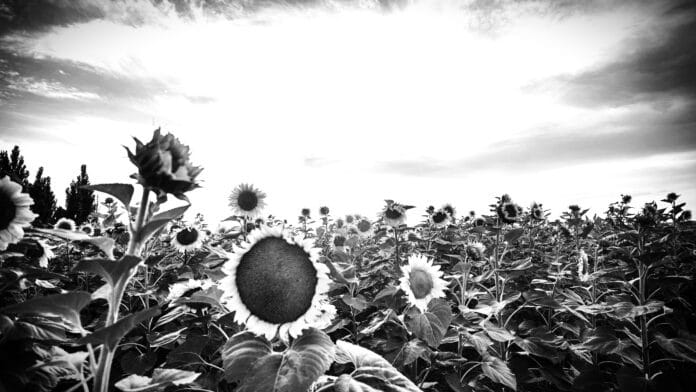A recent decision by the U.S. Department of Agriculture (USDA) to freeze funding for key farm assistance and environmental conservation programs has left Kansas farmers reeling, forcing some into financial uncertainty and raising alarm over the future of rural communities dependent on federal support.
The freeze, part of a sweeping federal review ordered by the Office of Management and Budget (OMB), has halted payments under multiple USDA programs, including those managed by the Natural Resources Conservation Service (NRCS). In Kansas, where agriculture is the backbone of the economy, the move has disrupted projects aimed at conserving land, improving water management, and supporting cattle operations across the state.
Kansas Farmers Face Immediate Fallout
Kansas ranchers and farmers who had signed contracts with NRCS for assistance on critical conservation and infrastructure projects are now facing unexpected hardships. One such farmer is Skylar Holden, a Missouri cattle producer, who had been approved for a $240,000 NRCS contract to improve water lines, fencing, and wells. After completing most of the work, Holden was informed that his contract was frozen, leaving him financially stranded.
His story mirrors those of many Kansas farmers who rely on NRCS assistance to implement soil conservation practices, build irrigation systems, and sustain livestock operations. Without the funds, these farmers may be forced to delay or abandon projects that were meant to ensure long-term sustainability in an already volatile agricultural economy.
Impact on Environmental Conservation and Rural Development
Many of the affected funds stem from the 2022 Inflation Reduction Act, which earmarked $19.5 billion for farm conservation programs over a decade. Kansas farms benefited from this funding to implement conservation strategies such as cover cropping, erosion prevention, and water conservation efforts—measures crucial to sustaining agriculture in the region’s often unpredictable climate.
With the freeze in place, conservation projects meant to curb wind erosion and improve soil health in Kansas fields are now at risk. Farmers who signed agreements with NRCS under the expectation of receiving federal assistance must now reassess their financial standing, possibly cutting back on sustainability practices they can no longer afford.
Political and Legal Ramifications
The OMB-ordered review of 409 USDA programs has drawn sharp criticism from both farmers and lawmakers, many of whom argue that the executive branch is overstepping its constitutional authority by disrupting funds that Congress has already allocated. The freeze initially included farm and conservation programs, Supplemental Nutrition Assistance Program (SNAP) benefits, and rural development initiatives, though direct payments such as Social Security and Medicare were not affected.
The move sparked immediate legal challenges, prompting a federal district court to issue a temporary stay on the freeze on January 28, 2025. Shortly after, the Biden administration rescinded the order on January 29, restoring some funding but leaving uncertainty over how quickly money will flow back to farmers and whether certain programs will remain under scrutiny.
Democratic lawmakers and agricultural advocates have called for swift action to reinstate all affected payments, arguing that the freeze has already inflicted damage on farmers, especially in rural states like Kansas where agriculture plays an outsized role in the economy.
The Uncertain Path Forward for Kansas Agriculture
For now, Kansas farmers and ranchers are left in limbo, waiting to see whether promised funding will be restored in time to salvage their operations. Local advocacy groups and farm bureaus are urging farmers to document their losses and apply pressure on state and federal representatives to ensure that conservation and financial assistance programs are reinstated without further disruption.
As Kansas farmers brace for the upcoming planting season, they do so with an added burden of financial uncertainty. The USDA freeze may have been temporary, but its impact will linger, leaving many to wonder whether they can continue relying on federal assistance or if they will be left to navigate the challenges of modern agriculture alone.





